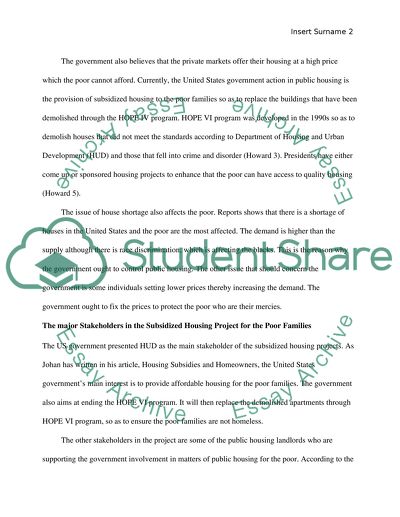Cite this document
(“Public Housing in USA Essay Example | Topics and Well Written Essays - 2250 words”, n.d.)
Retrieved from https://studentshare.org/law/1392891-final
Retrieved from https://studentshare.org/law/1392891-final
(Public Housing in USA Essay Example | Topics and Well Written Essays - 2250 Words)
https://studentshare.org/law/1392891-final.
https://studentshare.org/law/1392891-final.
“Public Housing in USA Essay Example | Topics and Well Written Essays - 2250 Words”, n.d. https://studentshare.org/law/1392891-final.


